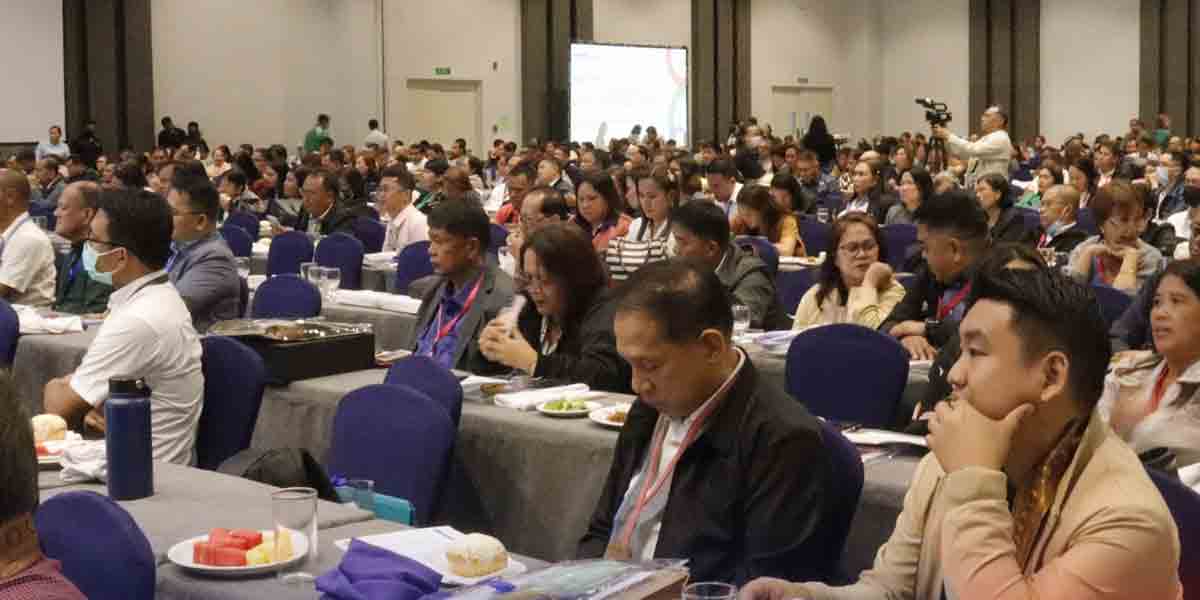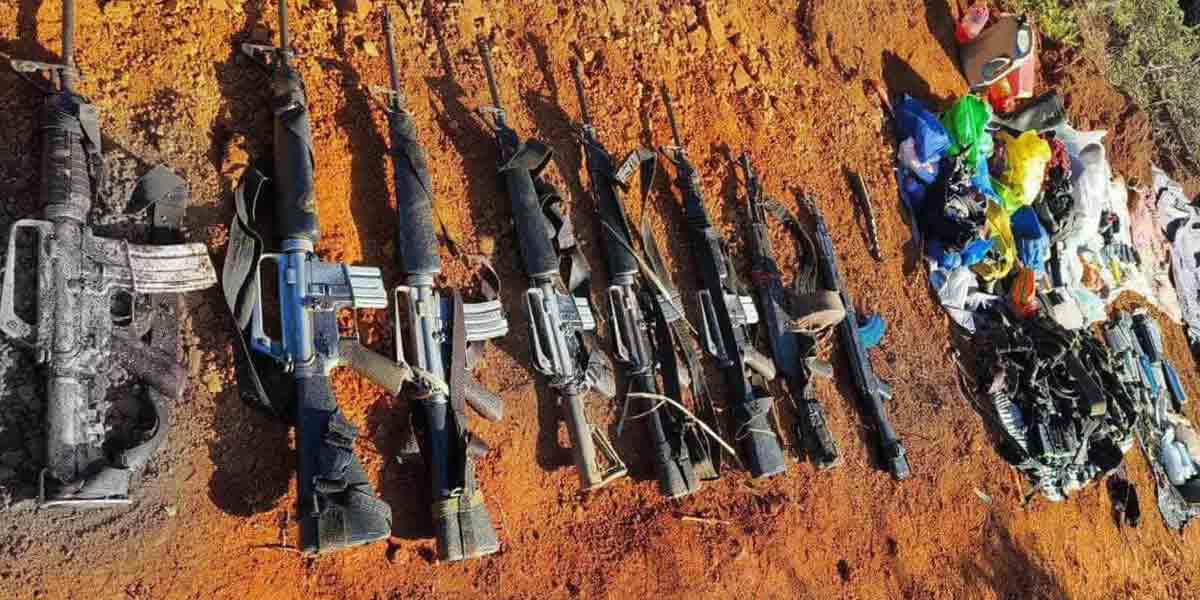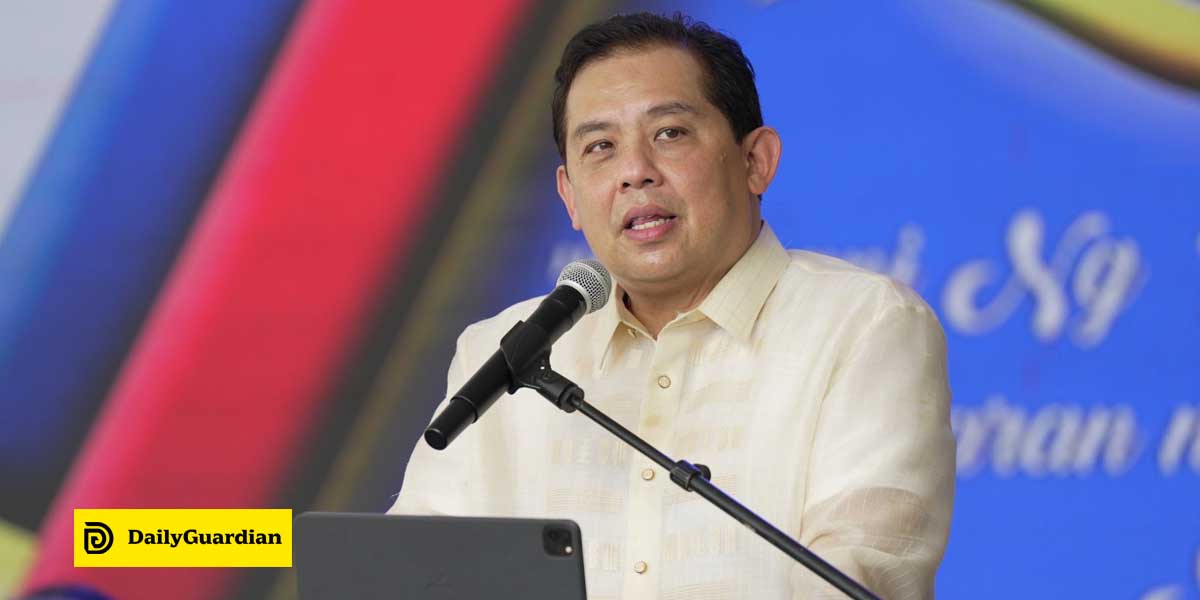By Edmund Tayao
How much more circus do we need to see in politics before we can be convinced that we need, nay, we deserve something better. Only in the Philippines that when one man decides, it’s the whole party that s/he leads that appear to have made the decision. Most especially, it’s the first time that the administration party does not have a standard bearer, nor a slate of candidates for senator. There’s no complete slate for any of the Presidential candidates; instead, we see a chopsuey, like a collectivity of “adopted” candidates. Like clockwork, the forces that worked together to elect the incumbent President are now fragmented and are supporting different candidates and members of different political parties. We saw this in 1992, 1998, 2004, 2010 and in the last election in 2016.
I would have to study the records of elections before the 1987 Constitution to see if the dynamics of politics were the same then. Considering though that what simply happened in Edsa was a restoration of the old political set-up, it would most likely be the same. Alliances are fluid and dependent only on the popularity of a candidate for president, or in the case of a sitting President, if he is able to ensure that the forces that brought him/her to power are sustained, or that it is in the key stakeholders’ interest to remain in the alliance.
So much has been written, so much debate has already taken place, so much thought has already been done, and we still have the same politics since the start of the country’s existence. Our fight for independence could not be completed without any of our leaders wanting to get rid of the other. The main issue during elections remains about corruption, and there’s hardly any talk of concrete plans when elected to office. Candidates prefer promising the moon and the stars and/or more and more handouts, and most importantly, avoiding as much as possible giving anything definitive on an important issue lest s/he be held accountable to it.
I had an exchange with a known commentator who alleged that candidates stopped campaigning on platforms since 2016. That is not true, I countered, noting that a platform is something that, at the very least, a candidate promises to undertake when elected to office. We’ve seen candidates come up with an 8- or 10-point agenda and in the case of 2016, the most remarkable promise made was to end the drug menace in 6 months. The latter, needless to say, proved to be impossible, but it was nonetheless well-noted by the public as some sort of a policy position.
There are, of course, largely unseen or surreptitious forces at play in the country’s political dynamics. At least until the early days under the 1987 Constitution, it was only the interest of the United States that appeared to be a factor in major political decisions and developments. After 2010, however, other foreign interests slowly gained significance in the political equation. If politics and governance have always been fragmented, it would not be a surprise that it will be so much more now. With the still archaic political mechanisms in place—the lack of a system and being largely dependent on personality politics—I cannot imagine how things will play out in future elections.
If we still fail to put in place a political system that’s most appropriate for us, we have yet to see the worst in the country’s politics and governance. This is distressing considering that the politics we’re seeing in this election is already an erosion of what has always been plain and simple, a struggle for power. How much further despoliation can we take until we come to a realization that we need to put in place a system: steering the practice of politics towards the interest of many and not just a rather limited few?
No wonder, when Niccolo Machiavelli or being Machiavellian was mentioned in a television program in relation to the coming elections, it was instantly picked up by many, using it to put the rival of their chosen candidates in a bad light. Somehow, it was a welcome incident. It reminded many that there is in fact so much to learn about politics, especially in our setting where everything about politics is plain and simple, a battle for control or sheer power. I can only hope that it also led many to read about Machiavelli’s political theory and note that “The Prince” will be understood better with it’s companion “The Discourses”.
I’m not sure if I am just being optimistic. It just seems, slowly, somehow, some awareness is building. The continuing discourse on systems, the never-ending question of corruption and the way to solve it, the vicious cycle of lack of accountability in government—all these have led to the constant raising of questions on systems. We’ve seen and heard these questions in the debates that have been conducted and even in the so-called presidential interviews before that. In the countless years of involvement in the advocacy to change the system, it is only recently that all the issues mentioned in the foregoing have been seen as pointing to the absence of a system.
Still, there is no candidate that has come up with a firm stand on system change. There have been arguments made to change bits and pieces of the “system”; imagine resorting to a “tingi” approach to reforms. No one seems to have really given much thought to a comprehensive approach to reforms. Instead, the positions and/or arguments that were advanced are the most antiquated and already long-settled assumptions.
One, it was argued that what is wrong is both the system and the people running the government, that the problem is lack of commitment to common good, that the primordial consideration is self-interest and/or personal gain in public service. Two, it was adduced that we have to go back to a two-party system in order to address problems in politics. It is such a pity the candidates have not learned more about any of these issues and the overarching issue of political system.
After so many years being under an inferior copy of the US system, as early as the 1960s, the discourse on political system already abounds. Claro M. Recto wrote a lot in his opinion pieces that the Philippine presidential system in not working and submitted the option of a parliamentary system. Even much earlier, federalism was already advocated by no less than Jose Rizal, especially considering the unique condition of the country, that is, being an archipelago. So many scholars and regional leaders have written so much on political systems, but still not given consideration.
If only our leaders will take enough interest, there have already been innumerable elucidations attained by various studies. The problem is mainly the system and not the people. There is a difference between “culture” and “behavior” and that it is not right to assume that it is the Filipino culture, which only means it is ingrained to be ungovernable. Given the right system, Filipinos never fail to follow rules and/or standards and succeed with their hard work. If the electoral system gives premium to political parties, it will evolve and strengthen real political parties and end the absurd focus on personalities; it will end our being hostage to the ludicrous tug-of-war between political families.
What this means is that a consideration of political parties should come with a consideration of the electoral system and vice versa. The reforms intended cannot be achieved if we consider one to be entirely separate from the other. Consider for example the introduction of the party-list system. Its true form is actually what is called a “proportional system of representation” or PR system, to allow a more inclusive representation, allowing sectoral apart from geographic representation. We can only reflect on how the party-list system has become now, if it has achieved its intended effect or resulted to something worst.
The so-called two-party system is a product of the overall political system and electoral system. We’ve never had a two-party system. The Liberal Party was founded by a breakaway faction of the Nacionalista Party. This led to the creation of so many other parties thereafter following the same course of action, personalities splitting from their original parties and forming their own when they don’t get the support.
More than that, we cannot legislate and restrict the creation and operation of political groups to only 2 political parties. Even in the United States, where their very founding fathers—Madison, Hamilton and Jay thought political parties should be banned—found it futile. The Republican and Democratic parties were eventually born, copying the two main parties from their mother England, which is now composed of so many smaller factions/parties within. Since Ross Perot moreover, there have always been independent candidates for President.
All these suggest that a political system has interdependent parts; move or modify one and it will affect the other. We cannot do a “tingi” approach to reforming the system. The PR system mentioned for example is a key feature in parliamentary systems and we adopted it to our presidential system. It’s like getting a spare part from say a road bike and putting it on a BMX, thinking that it will make the bicycle do motocross.
One cannot help but wonder then why these preposterous ideas of political systems persist. Is it fear of change? Of course, there is no way to determine exactly how the prospective change would turn out to be. This, to my mind, explains why the familiar refrain leads to considering piecemeal reforms and/or palliative solutions. Instead of actually resolving problems however, it either does not result into anything, or makes the situation even worse.
Nonetheless, we can learn from other countries that have effected changes to their political systems and led to their progress. This has always been the process followed by real reforms undertaken in any country in the first place, a “comparative” approach. We have to start somewhere, and that is by reflecting carefully on our current situation and designing a system that is truly applicable to our conditions.
If we remain stubborn and remain with the same decrepit political setup, we will have more of what has become asinine politics. Many of the elites complain that the majority of Filipinos have already forgotten the dictatorship which is why the son and namesake is now the leading candidate. If they come to make sense of it, they are simply being beaten at their own game. I can only imagine the foremost consideration in the minds of many in this election: if the time of the Marcoses was bad, was it better after they were driven out of the country? If the people have forgotten what happened before, we have to ask why it was forgotten. Even if it is a failure of education, who is responsible for the failure?
The old elite could have put in place real far-reaching reforms in politics when they managed to return to power. We’d probably have evolved by now—real political parties and alternative choices to vote for in an election. We would not have to endure lemon propaganda from various fronts, claiming for example a surge in one’s numbers on the basis of inane arguments of supposed escalation of attendance in campaign sorties. The surveys, the real face-to-face surveys, remain the main indicator of whether or not a campaign is working or not. It is just right to convince the public to vote according to their choice and not just go with the one leading in the surveys. To convince the public on the other hand that the surveys, even if many if not all the established survey firms have similar results, are not reliable indicators of the public’s preference at any given time is plain and simple bizarre, if not desperate.
The contenders could have really concentrated on campaigning on issues at the outset, if only to convince the public that there is so much more to consider in deciding who to vote for. No candidate must have considered that many would respond to a more substantive campaign and possibly result to closing popular numbers. There was an attempt to offer a platform, but one that is based only on more dole-outs. And precisely because we don’t have real political parties to goad candidates to talk about issues and offer solutions, it is the media that has been trying to elicit substance from the candidates.
So far, however, it is proving to be not enough. There is still no substitute for real political parties that will not only recruit, but more so provide real and appropriate experience for leaders preparing them for elective positions. This will of course include a regular dose of policy discussions for party members that in the end result to a more substantive debates for elective positions. Real political parties and a dedicated career staff will always be working on issues and not only during elections. This will prevent the asking of short-sighted questions during debate.
In the last COMELEC debate for example, I couldn’t help but shake my head to an obviously misplaced question. The question was about the supposedly poor human rights record of some Southeast Asian countries, and what will be done to address it in ASEAN if elected president. Whoever formulated the question could have at the very least learned about “why” the regional organization was put up, even starting perhaps with its precursor MAPHILINDO. S/he could have then learned a key principle in the regional aggrupation, that is, consensus, which of course is anchored on “non-interference”. Given that we are proud of being a democracy, the question is whether our democracy is envied by our neighbors or if it could be considered a kind of model politics and governance. We don’t even have the economic or military muscle as the US, China, Russia and many advanced European countries to be an effective advocate of human rights.
So here we are now, just a month shy of the next presidential election. So much can still change in the numbers, at least that’s what some would like to think. In the end, we only have ourselves to really determine how we’ll make that crucial decision. More than that, only we can think about how better to get involved in politics and governance even after the elections. Unless of course, we are already satisfied with what we now have.






















